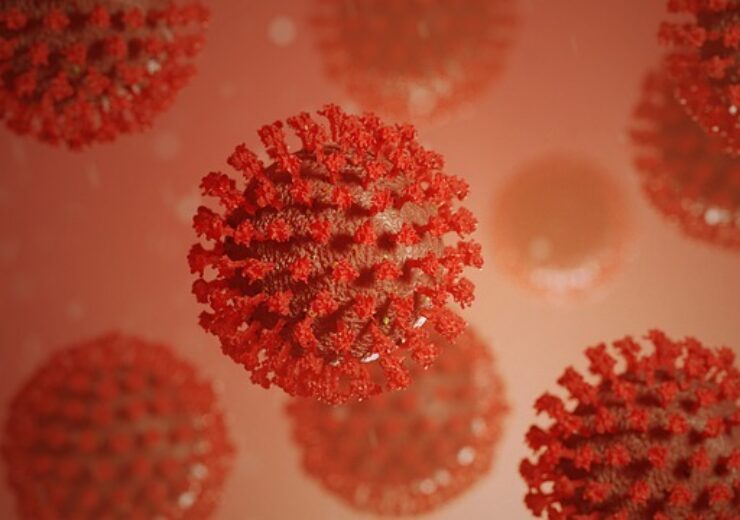T-Detect is a sensitive and specific diagnostic test, which is being developed for multiple diseases

Adaptive Biotechnologies has secured FDA EUA status for T-Detect COVID diagnostic test. (Credit: visuals3Dde from Pixabay)
Adaptive Biotechnologies has secured an emergency use authorisation (EUA) from the US Food and Drug Administration (FDA) for its T-Detect COVID test to confirm recent or prior Covid-19 infection.
The T cell-based test is said to be the first indication developed under Adaptive’s TCR-Antigen Map collaboration with Microsoft.
The EUA status was provided on a clinical validation study, which demonstrated that T-Detect COVID shown a sensitivity of 97.1% from the date of diagnosis using RT-PCR.
According to the company, T cells contain significant information to help measure the immune response to Covid-19 from initial exposure through viral clearance.
Adaptive Biotechnologies CEO Chad Robins said: “The authorisation of T-Detect COVID represents a true breakthrough for patients and a pivotal milestone for the diagnostic testing paradigm.
“We have proven that it is possible to read how T cells detect disease in the blood, and this is just the beginning of a pipeline of tests for many other indications.”
T-Detect is a sensitive and specific diagnostic test, which is being developed for multiple diseases.
In 2018, Adaptive collaborated with Microsoft to design a map of the immune system known as the TCR-Antigen Map.
The immunosequencing, computational modelling and machine learning capabilities are used for the mapping of T-cell receptor sequences to disease-associated antigens for infectious diseases, autoimmune disorders and cancer.
T-Detect will leverage the map to offer an immunostatus for an individual from a simple blood draw. It will facilitate early disease diagnosis, disease monitoring, and critical insights into immunity.
Adaptive also offers the FDA-approved clonoSEQ assay, which helps to detect and monitor minimal residual disease (MRD) in patients with multiple myeloma (MM) and B-cell acute lymphoblastic leukemia (ALL).
